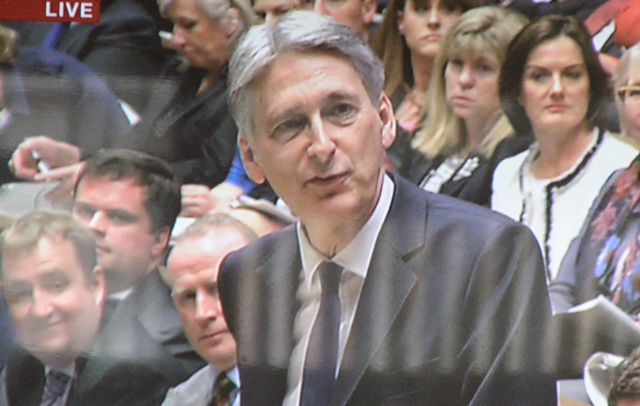When does free speech become hate speech and how do we deal with online extremism?
Following the latest terrorist attack on London, Google, Facebook and online marketplace Amazon all came under fire and digital entrepreneur Oliver Yeates offers his perspective. Tony McDonough reports

Where does the right to free speech end and the right of a society to protect itself against extremism begin?
Following the latest terrorist attack on London in Parsons Green, internet giants Google, Facebook and online marketplace Amazon all came under fire for giving and outlet to and even facilitating terrorism.
In Amazon’s case its algorithms were actually making recommendations for combinations of materials that could be used to make a bomb.
Now the founder of one of the North West’s fastest growing digital marketing agencies has weighed in to the discussion saying that moderating every single internet search and piece of content was “virtually impossible”.
Oliver Yeates started Chester-based Clicky Media with just £500 in 2007 and now boasts a multi-million pound turnover.
It also holds the status of one of Google’s most successful UK ‘partners’, managing more than £8m worth of digital advertising spend a month.
Best and worst
He points out the internet has facilitated a free speech revolution and that this freedom was both the “greatest thing about the internet is also the worst”.
Oliver explained: “Everything that we love about this interconnected, online world is the creativity and freedom of expression that it allows, whether that’s through websites, blogs or social media, yet this freedom is feeding a beast that is getting bigger by the day.

“Automated moderation, essentially monitoring every single post, comment or article that goes up online just isn’t intelligent enough, so the concept of having to get content checked and moderated within two hours and removed is virtually impossible.
“No one has ever faced a challenge this big and corporations such as Google and Facebook are bearing the brunt of the world’s worries and frustrations.
“What we don’t want to happen is for the world to take a step backwards, with concerns over the immediacy of content suffering at the hands of moderation, heading back to a time when edited content had to be verified before it was published.”
Impossible task
Web giants such as Google and Facebook generate huge revenues and have significant resources and Government insist more of those resources should be directed towards shutting down the voices of hate and extremism.
But Oliver adds this is a simplistic viewpoint that doesn’t take into account the complexities and restrictions in how the internet works.
He added: “The vast majority of people still don’t fully understand the workings of search engines and algorithms that are created.
“Suggestions such as interventions like post algorithm editing seem like a great idea in theory, but the concept of doing that for every single search would make the task impossible. It physically can’t be done.”
Extremist content
He also points out that content that we find acceptable in Western societies can be regarded as highly offensive in other countries – so the definition of which content is classed as “extremist” becomes less clear.
“In all of this, one key element to highlight is that not everyone that is searching this content is extremist,” said Oliver.
“Many will be looking it up out of intrigue and although we certainly need to prioritise and start making a move towards a more moderated internet in many ways, an improved version of what we have now is surely better that the prospect of a soulless, censored internet, where no one is free to speak.”

